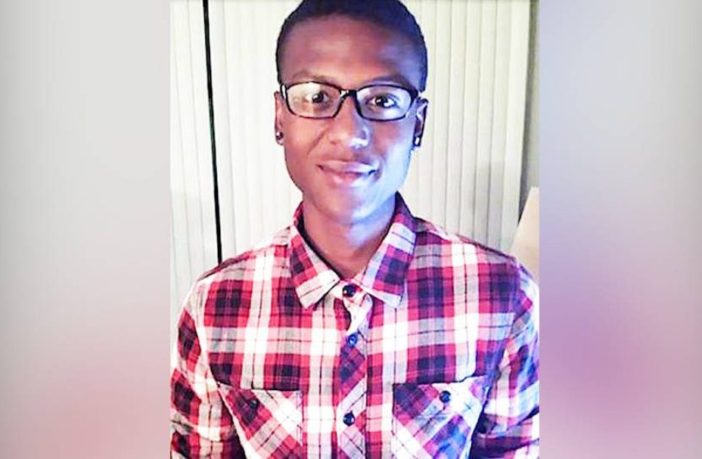A second police officer has been acquitted of homicide and manslaughter charges in the death of Elijah McClain, who officers choked and allegedly overdosed by paramedics on his way home from a convenience store in Aurora, Colo., in August 2019.
Aurora officer Nathan Woodyard was found not guilty of killing McClain, 23, a massage therapist, in state district court. Of the three officers who were present when McClain was tackled — Woodyard, Randy Roedema, and Jason Rosenblatt — only Roedema was convicted of criminally negligent homicide and third-degree assault — felonies, but the least serious charges he faced. Rosenblatt also was acquitted.
Roedema could receive prison time or probation when sentenced on Jan. 5, 2024. He was the officer whose words — “He just grabbed your gun, dude” — escalated the situation, though body camera evidence refutes any such claim. Body cam evidence also shows Woodyard walking away during part of the confrontation with McClain, who was unarmed and not charged with any crime. The 911 call that led to the confrontation branded McClain as “sketchy” because he wore a mask over his face for a skin condition.
After three weeks of trial, Sheneen McClain, the victim’s mother, wept at Monday’s verdict, which defense lawyer Megan Downing dubbed “the right verdict, not an easy one.”
The lawyers for the police officers laid most of the blame at the feet of paramedics Jeremy Cooper and Lt. Peter Cichuniec, who face trial later this month. They were the ones who administered ketamine, a powerful sedative given to people considered violently agitated.
At odds with these verdicts is a settlement the city of Aurora reached with McClain’s parents two years ago: The city paid them $15 million to settle a lawsuit related to their son’s death.
The tragic tale and the 2020 death of George Floyd in Minneapolis, which brought McClain’s earlier case more attention, has led to reforms in police departments nationwide. Chokeholds are limited in more than two dozen states, including Colorado, which also has banned paramedics from giving ketamine to people suspected of having a controversial condition known as “excited delirium.”
That questionable diagnosis has been a tool to justify excessive force, particularly against Black men, because the person exhibits symptoms including increased strength. Prosecutors say the paramedics administered a 500-mg dose fit for a 200-pound man; McClain, however, weighed only 143. His heart stopped beating on the way to the hospital, and he died three days later after being removed from life support.



